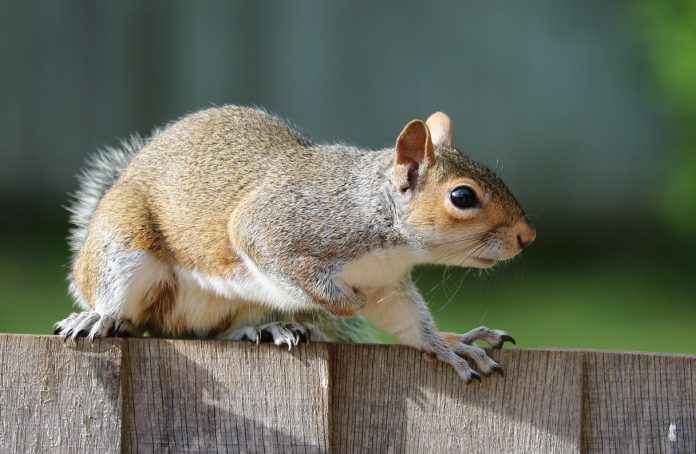
Autumn. Fall. Indian Summer. Otoño. L’automne. We are immersed in that beautiful time of year when for a month (or two, if we are lucky) we get to enjoy the wonderful colors of this transition, and those of us who are gardeners put our iced tea and trashy summer novels away and get out the gloves again.
Now is the time for both cleanup and planting for the spring. Some folks like a clean and tidy yard going into winter, while others, myself included, cut off whatever looks tatty, and pile the leaves on everything else, sort of like bedding. If you value your huechera (Coral Bells) though, leave the crowns bare if you want them to survive as they rot easily if covered.
The gardening stores have stocked the latest bulbs for spring and summer bloom. It is the perfect time to plan next spring’s color scheme when choosing tulips, daffodils, narcissus, alliums, lilies etc. Some of you will chose a palate of one or two complementary colors; others love a riot of many colors splashed together. Any time now is the right time to get the bulbs in the ground, and the sooner the better so they have some time to put down roots before real cold hits. Put bone meal and some compost in the hole covered by a bit of soil before the bulbs go in – they appreciate the nutrition.
If you live in a mature area, and want a dozen blooms from a dozen bulbs, you will have to do something about those furry little rats known as squirrels. For years, I expected only half my bulbs to bloom, until one of the Greengate Garden Centre staff explained that squirrels will choose bulbs before peanuts, given the choice. Great! What to do? One year I tried mothballs just under the ground over the bulb area. It seemed to be working, but I noticed that someone had tossed the mothballs all over the flowerbed by spring. The cat said it wasn’t her – she can’t stand the smelly things. Next was bloodmeal – squirrels don’t like that – right? It’s true, they will leave that area alone long enough for Mother Nature to wash it clean, so they can dine on the tasty bulbs below the surface which she has softened for digging. So now I carefully cut up chicken wire and cover the whole new bulb area. It’s a little extra trouble, but seems the most effective deterrent. The British don’t call them “The Devil’s Children” without good reason.
Lee Valley Tools has an assortment of live traps available. I bought the squirrel-sized one some years ago, baited it with peanut butter, and actually trapped a couple until they caught on to the trick. It works for a little while and one by one you can relocate these pests to a new home far away. Not the closest park but at least 10 miles away and preferably across water, or they will come back. (One lady told me she had trapped dozens of squirrels in her yard, leaving me suspecting she had trapped the same ones over and over, which might mean she had a particularly dumb species in her neighbourhood.) Some of my personal favorite release sites are Priddis and Bragg Creek. You can kill two birds with one stone (sorry for the metaphor) and do a little shopping while you are there, not to mention coffee and pie before returning to work in the garden.









